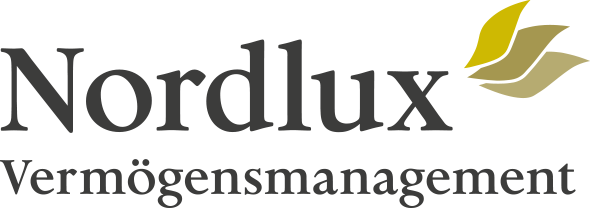Advice
The relationship between you and our consultant is the foundation. Personal conversation is the medium and your satisfaction is our goal.Management
The ultimate expression of trust, which is something we take very seriously.Our Funds
Invest in funds like professionals.Sustainability
Doing good and good performance are not mutually exclusiveWelcome to Nordlux Vermögensmanagement
With more than 2.000 clients and around 40 employees, Nordlux Vermögensmanagement is a large private asset manager in Luxembourg.
We aim to invest our client´s capital in the best possible way. To this end, we avail ourselves of the global financial markets, looking to generate adequate returns for reasonable risks.
To avoid any conflicts of interest, we do not engage in proprietary trading.
Our business activities consist of Investment Advice, Individual Portfolio Management and Fund Management.
The slogan “True service – your partner in Luxembourg” contains two very important concepts for us:
- Competence – proven and credible – leading to results
- Fair and trusted long-term client relationships with clients near and far
Please contact us for more information about our funds or investment products.
